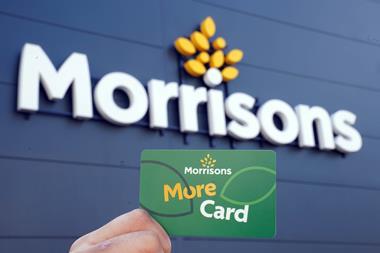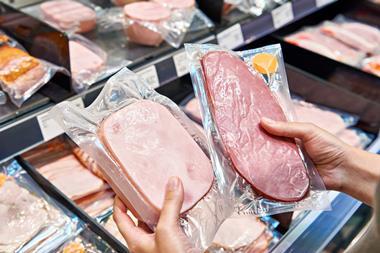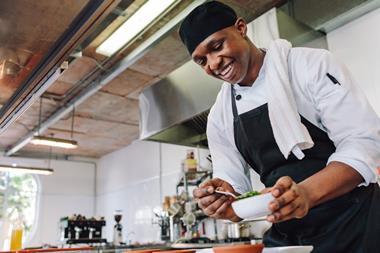Dalton Philips became the latest supermarket CEO to join the tax debate this week, reportedly calling for an online retailing tax to “level the playing field”. Having encumbered his previously pureplay online children’s business with several bricks and mortar stores, Philips is also barely out of the starting blocks in terms of online grocery, and with other grocery retailers struggling to make money online, due to low gross margins, it’s extraordinary he’s already calling for a tax on his fledgling business.
It’s also an affront to progress. When the supermarket model first arrived on these shores, instead of levelling the playing field, it flattened the competition (butchers, bakers, corner shops etc) due to its compelling model and, aided and abetted by national and local government, supermarket chains opened increasing numbers of stores in far cheaper out-of-town locations to tip the balance further in their favour. But it met so many customer needs - for convenience, value, quality, safety and choice - that politicians ignored bleating from both small shop owners and suppliers, and sent the Competition Commission packing on three occasions.
” It’s extraordinary that Dalton Philips is already calling for a tax on his fledgling online business”
Adam Leyland, Editor
How times have changed. In an increasingly homogenised high street (to which business rates, quarterly up-front rent payments and upward only reviews also contributed), online retail - with its inherent efficiencies - is delivering better choice, greater convenience and lower prices. But it doesn’t have it all its own way. There’s no in-store theatre, or ability to touch and feel products. And click and collect is a very attractive riposte, for both the retailer and the customer, to logistical challenges and delivery costs. Not only that, but the buying power (and online presence) of supermarkets is enormous. Who’s benefited most from the demise of HMV? It’s not Amazon.
One of the biggest mistakes retailers like Starbucks have made has been encumbering themselves with expensive property overheads through onerous and lengthy leases. Interestingly, Bargain Booze now plans to mimic the successful Domino’s Pizza model linking incentivised franchisees to public ownership. And if you look at the States and France, even supermarkets are franchised. There’s always models out there tipping the balance in favour of one retailer or another. And multiples would do well to unite on the iniquity of business rates rather than call for a tax that’s harmful to consumer interest, and probably ineffective in halting online’s compelling march.



















No comments yet